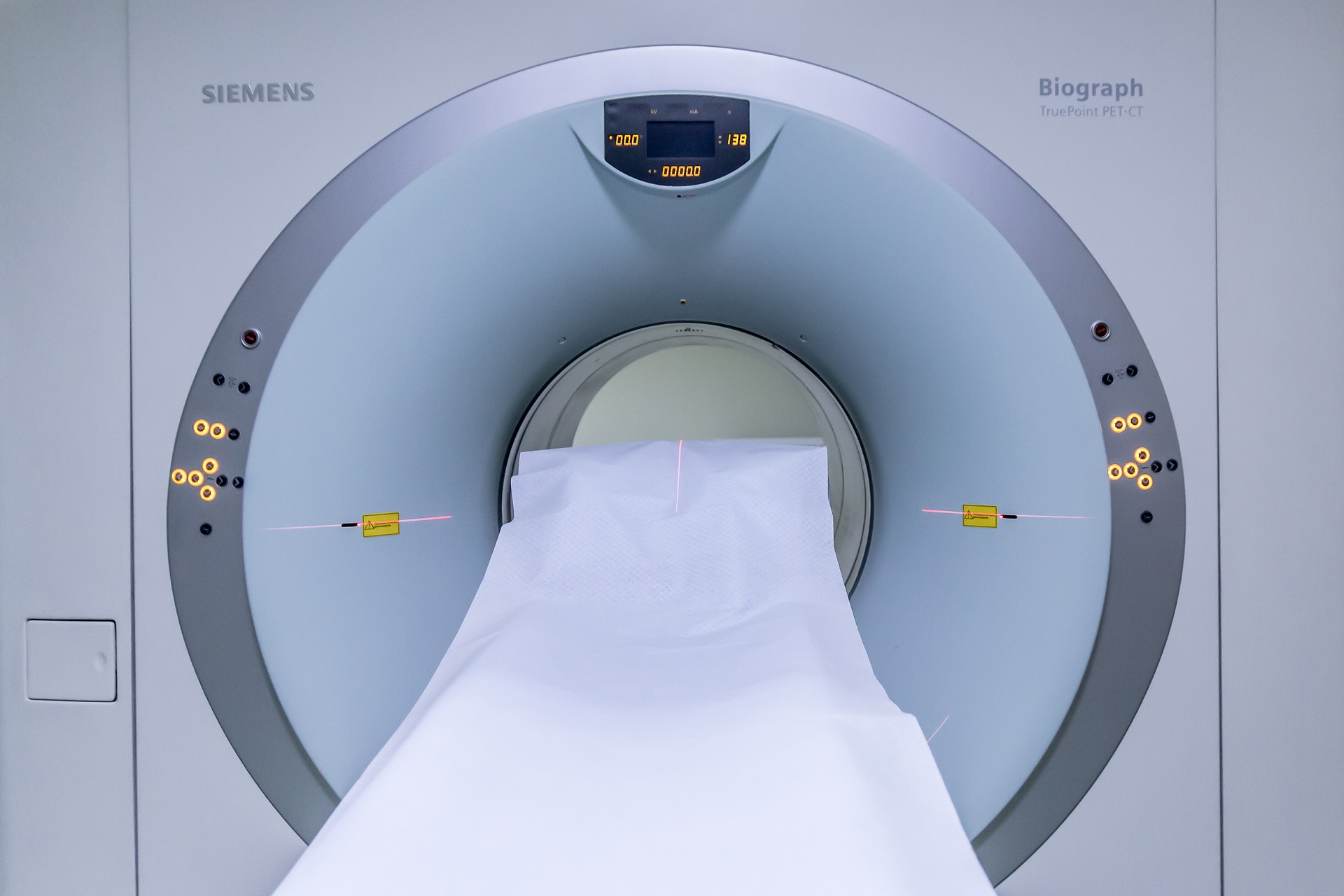Presentation: Brain imaging
 The following presentation supports the study of techniques used to study the brain.
The following presentation supports the study of techniques used to study the brain.
You are not expected to learn all of the material in this presentation. When using this study for revision, remember to:
- Focus on key concepts
- Learn 2 - 3 studies that you feel you understand. You may also, instead, learn studies from the textbook or from your teacher.
- Focus on key evaluation points
Strengths and limitations of MRI and fMRI Scans
- MRIs are non-invasive, unlike the PET scan.
- Less expensive than PET and better temporal resolution. This means that the image is taken several times and then made into a composite image. This composite image is often lacking in precision and clarity, but is better than the PET scan.
- The MRI is a static image that does not demonstrate activity. Research is therefore correlational. Causation cannot be established.
- Although cheaper and safer than PET scans, the MRIs are still expensive. This means that sample size for research studies is often small. This makes it difficult to generalize the findings.
- Researchers can carry out limited experiments in an fMRI which allow for cause and effect relationships to be established.
- The fMRI is an artificial environment which means that experiments carried out in the fMRI lack ecological validity. As the MRI is only taking a picture of the static brain, ecological validity is not a concern.
- Artefacts can affect the "findings" of a brain scan. Artefacts can be activity in the brain as a result of something else besides what it being investigated - e.g. anxiety about being in the fMRI. It can also be from the machine itself, see the study by Bennett et al, 2010.
- Allows for researcher triangulation.
- When used for research, there is the ethical problem of informed consent. Researchers may find a tumour or some other abnormality; it would be required for the researcher to inform the participant about any such findings.

 IB Docs (2) Team
IB Docs (2) Team
